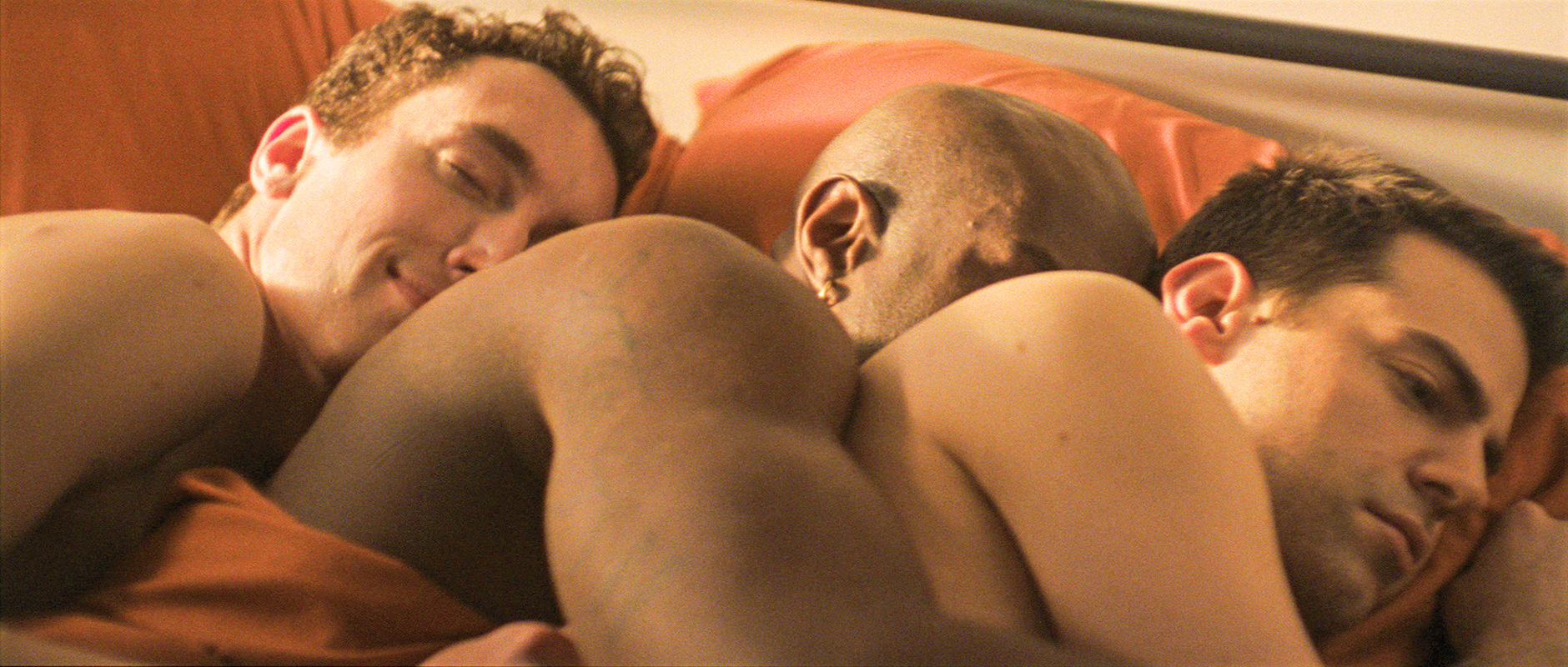Professor Calls for “Cure” for Homosexuality to Prevent Disease
University promises investigation after outcry over tweet linking homosexuality, anal sex, and the spread of monkeypox.

LGBTQ students at the University of Texas at Dallas are asking for a professor to be held accountable after he called for a “cure for homosexuality.”
Timothy Farage, 71, a computer science professor at the university, came under a barrage of criticism for a tweet that many LGBTQ people have blasted as “homophobic.”
The tweet, posted last week, linked to a Daily Mail tabloid article highlighting the fact that the overwhelming majority of monkeypox infections have occurred in gay men.
“Can we at least try to find a cure for homosexuality, especially among men?” Farage tweeted. “Homosexual men have anal sex, which can lead to a variety of diseases.”
Almost immediately after the tweet was posted, LGBTQ student organizations at UT-Dallas called out Farage for being homophobic and accused him of posing a danger to the LGBTQ campus community.
“Being LGBTQ+ is not a ‘medical disorder,’ and LGBTQ+ students do not need to be ‘cured,” read a statement from UT-Dallas’ Rainbow Coalition, which is composed of six campus organizations. “Not holding a professor accountable for such statements is unacceptable. Merely disavowing Farage’s actions actively makes our campus less safe.”
Farage attempted to defend his comments in an email to The Mercury, the university’s student-run paper, in response to request for comment.
“First, it should be noted that this tweet was in response to an article about monkeypox, a disease that is mostly confined to men who have sex with men,” Farage wrote. “This is true for some other diseases as well. So, I was being compassionate by asking if a cure for homosexuality could be found. I don’t know if it can, but I’d like to see research about it. I have had four homosexual friends (3 men and 1 woman) who wished they were heterosexual. There must be many others who feel the same way. Again, this shows a need to do research about homosexuality.”
He also insisted the tweet had no bearing on his ability to do his job.
“None of this has anything to do with my UTD students,” Farage said. “I’ve never said anything against gay students, nor do I have anything against them. I’ve had a couple of transgender students who asked me to call them by a different name than what was on my class list. I was happy to do so. I am entitled to express my personal opinions on Twitter, and they are unrelated to my profession, as I do not express these [opinions] in my classes.”
He also defended himself in an interview with The Dallas Morning News, pushing back against the Rainbow Coalition’s assertions. He said he is not “hateful or bigoted or homophobic or racist,” and that finding a “cure” for “homosexuals who’d rather be heterosexual” is “compassionate.”
“If somebody doesn’t want to be, why not try to find a way to help them do that?” he said. “My comment was to try to be helpful and compassionate. … I never said a word against homosexuals or transgender individuals or anything.”
The University of Texas-Dallas released a statement via Twitter denouncing Farage’s comments and acknowledging that some students may find the comments “upsetting.” The school also announced it would launch an investigation into the situation.
“We know that LGBTQ+ students, staff, and faculty already face challenges in their lives that can negatively impact their mental and physical well-being,” the school said in its statement.
The tweet containing the statement also contained another link directing students to campus resources for the LGBTQ community on campus. “UT-Dallas is committed to providing an educational, living, and working environment that is welcoming, respectful, and inclusive,” the school said.
Robert Lonergan, a junior majoring in information technology and systems, who identifies as pansexual and non-binary, was among a number of students who wrote statements protesting Farage’s comments on the sidewalk of the university.
“I really honestly hope that [Farage] can learn from this and move on and be a human being that contributes to the well-being of LGBTQ folk,” he told the News. “I hope that he realizes how harmful this rhetoric is.”
As monkeypox continues to spread, misconceptions about the virus are circulating labeling it as something that will only affect gay and bisexual men, even though any individual can become infected, regardless of their sexual orientation — due to the ease with which the virus can be transmitted.
According to the U.S. Centers for Disease Control and Prevention, monkeypox can be spread through direct contact with the rash, scabs, or bodily fluids of an infected persons; through respiratory secretions during prolonged face-to-face contact; through intimate physical contact, including kissing, cuddling, or sex; or through touching items, such as clothing or linens that touched the rash, scabs, or body fluids of infected individuals.
At this time, it is unknown if monkeypox can spread through semen or vaginal fluids, although its spread does not seem to have any relationship to whether any individual has engaged in anal sex, as Farage appeared to assert.
Sean Cahill, the director of health policy research at The Fenway Institute, an organization specializing in LGBTQ health career, research, and advocacy, said that, by a strict definition, monkeypox does not meet the criteria to be considered it’s a sexually transmitted disease, telling the News: “The professor’s mentioning of anal sex may have nothing to do with the spread of monkeypox.”
Currently, there are 15,848 confirmed cases of monkeypox worldwide, 98.5% of which have occurred in countries where monkeypox is not considered endemic. Of those, 2,593 confirmed cases have occurred in the United States, impacting 44 of 50 states.
“The last thing that we need is more stigma and ignorance about gay people, and particularly about gay men,” Cahill said. “Stigma causes people not to seek health care.”
Support Metro Weekly’s Journalism
These are challenging times for news organizations. And yet it’s crucial we stay active and provide vital resources and information to both our local readers and the world. So won’t you please take a moment and consider supporting Metro Weekly with a membership? For as little as $5 a month, you can help ensure Metro Weekly magazine and MetroWeekly.com remain free, viable resources as we provide the best, most diverse, culturally-resonant LGBTQ coverage in both the D.C. region and around the world. Memberships come with exclusive perks and discounts, your own personal digital delivery of each week’s magazine (and an archive), access to our Member's Lounge when it launches this fall, and exclusive members-only items like Metro Weekly Membership Mugs and Tote Bags! Check out all our membership levels here and please join us today!


























You must be logged in to post a comment.